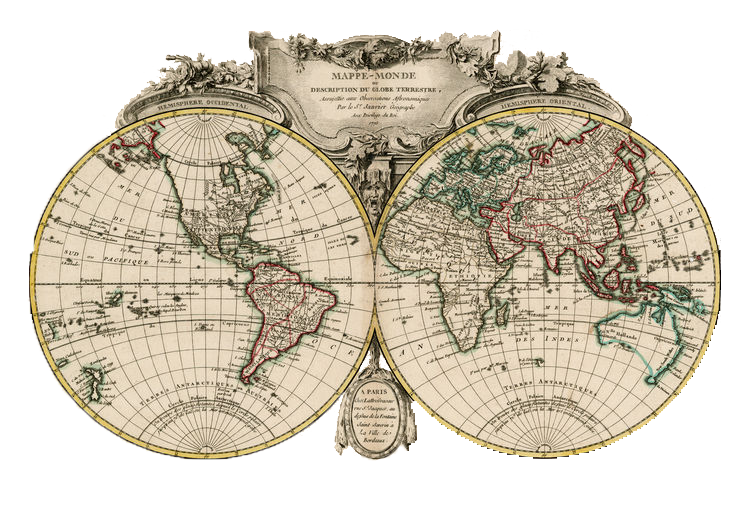The process of globalization of culture is not recent, as one may think. It started at the beginning of the 16th century, when Europeans – especially, the Iberian Monarchies – launched the connection between the "four parties of the world", in the expression of Serge Gruzinski. 
From the 18th century on, technical improvements as, for instance, the expansion of European railways and the increasing facilities in navigation (transportation) reinforced the relationship between different parts of the globe.
Books, printing materials and theatrical performances played an important role in this process, creating a special form of connection between people. The so called "long 19th century" knew a significant expansion on reading and an extraordinary technological modification which largely altered the way prints were produced and their relation to culture.
The process of the cultural globalization held between 1789 and 1914 is the main subject of the São Paulo School of Advanced Studies, which will focus on the circulation of books, printing materials and performances in Brazil, France, Portugal and England.







